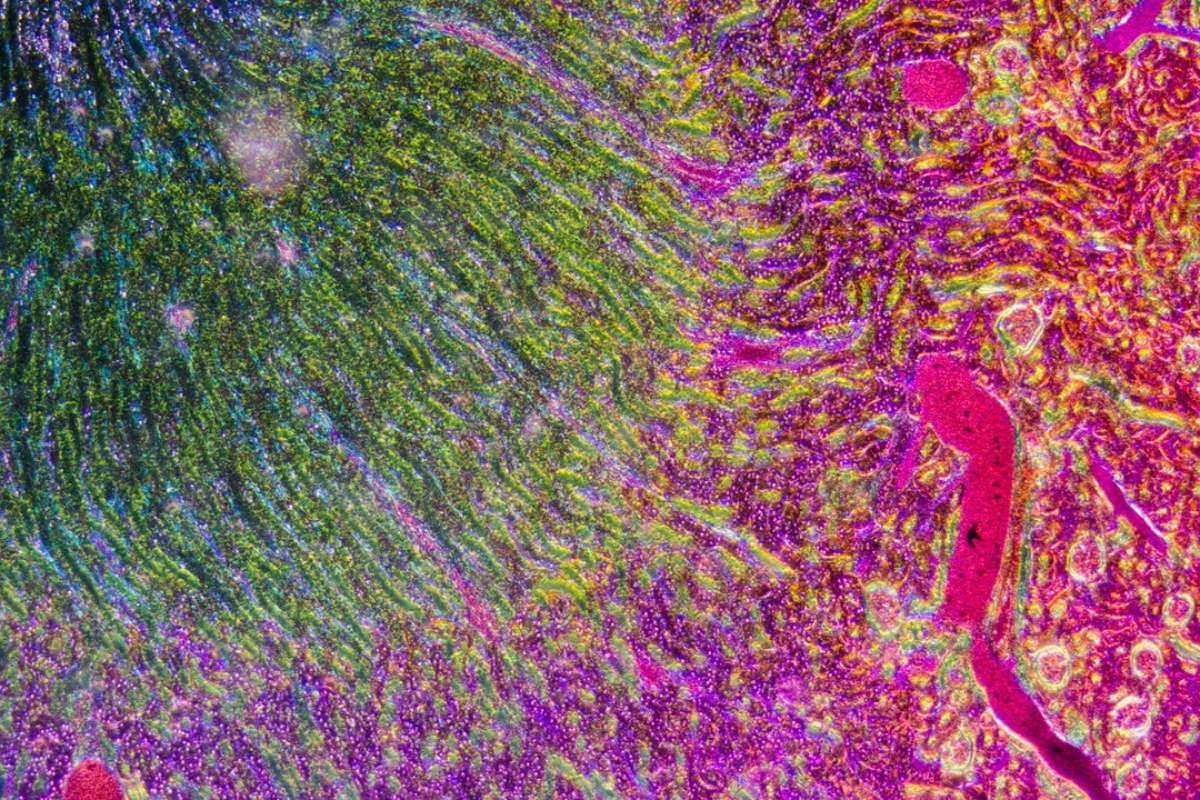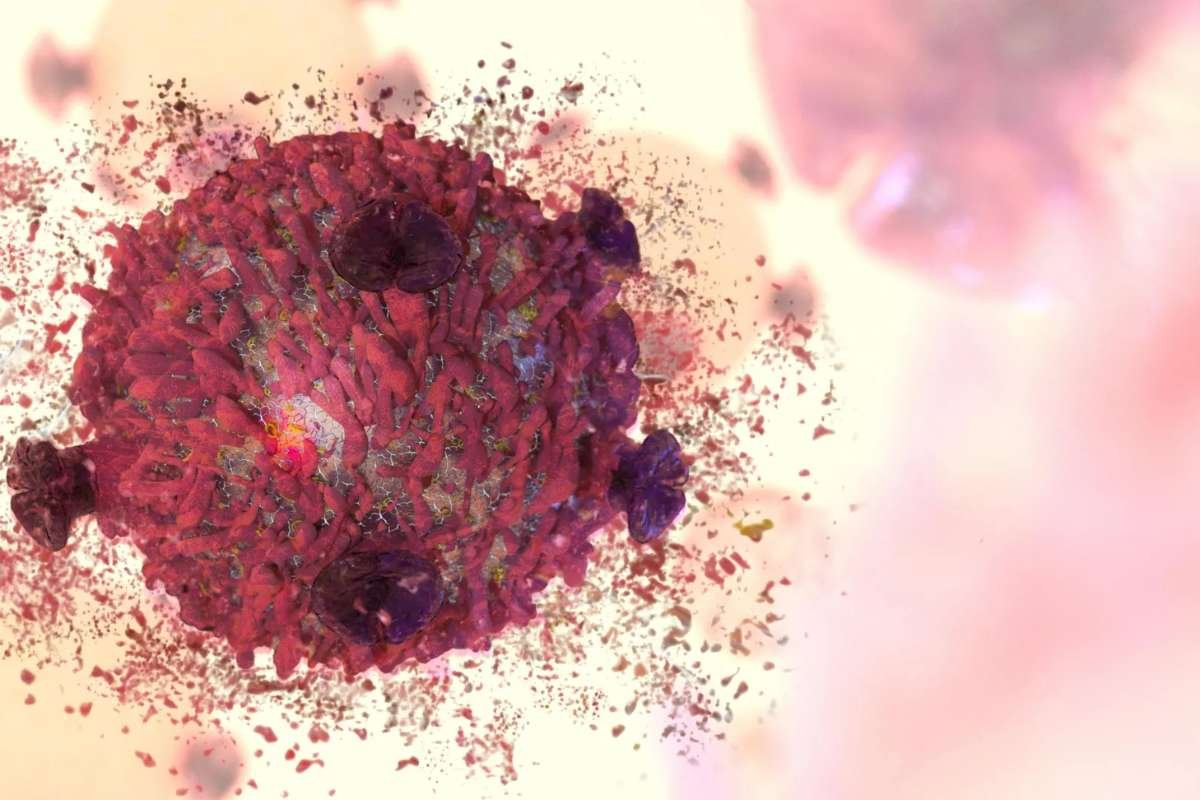As spring arrives, many people are feeling the effects of seasonal allergies. However, this year, allergy season is hitting earlier and harder than usual, leaving many wondering why.
What is causing the early allergy season?
One possible explanation for the early and severe allergy season is climate change. As global temperatures rise, the growing season for plants is getting longer, meaning that they release pollen earlier and for a longer period of time. This, in turn, can lead to more severe allergy symptoms.
Another factor that could be contributing to the early allergy season is the COVID-19 pandemic. As more people have been spending time indoors and wearing masks to prevent the spread of the virus, their immune systems may have become less accustomed to outdoor allergens, making them more susceptible to allergy symptoms when they do go outside.
Experts also point to the fact that weather patterns have become more unpredictable in recent years, with more frequent and intense weather events. This can lead to fluctuations in pollen levels, causing allergy symptoms to come and go more quickly and unpredictably.
In addition to climate change and the COVID-19 pandemic, other factors such as air pollution, increased urbanization, and changes in land use patterns may also be contributing to the early and severe allergy season.
Whatever the cause, the early and severe allergy season is having a significant impact on people’s lives. Allergy sufferers are experiencing more severe symptoms, which can include sneezing, coughing, itchy eyes, and congestion, among other things. These symptoms can be particularly problematic for people with underlying health conditions such as asthma, which can be exacerbated by allergies.
What can you do to prevent allergies?
To cope with the early and severe allergy season, experts recommend a number of strategies, such as staying indoors on high-pollen days, using air filters and purifiers to remove pollen from the air, and taking allergy medications as prescribed by a healthcare provider.
It is also important to note that not all allergy symptoms are caused by seasonal allergies. COVID-19 and other respiratory illnesses can cause similar symptoms, so it is important to seek medical advice if you are experiencing persistent or severe symptoms.
Preventing Severe Allergic Attacks
While the early and severe allergy season is undoubtedly causing discomfort and inconvenience for many people, it also serves as a reminder of the importance of addressing the root causes of climate change and other environmental problems. By taking action to reduce greenhouse gas emissions and protect the natural world, we can help to mitigate the effects of climate change and protect ourselves and future generations from the health impacts of environmental degradation.







